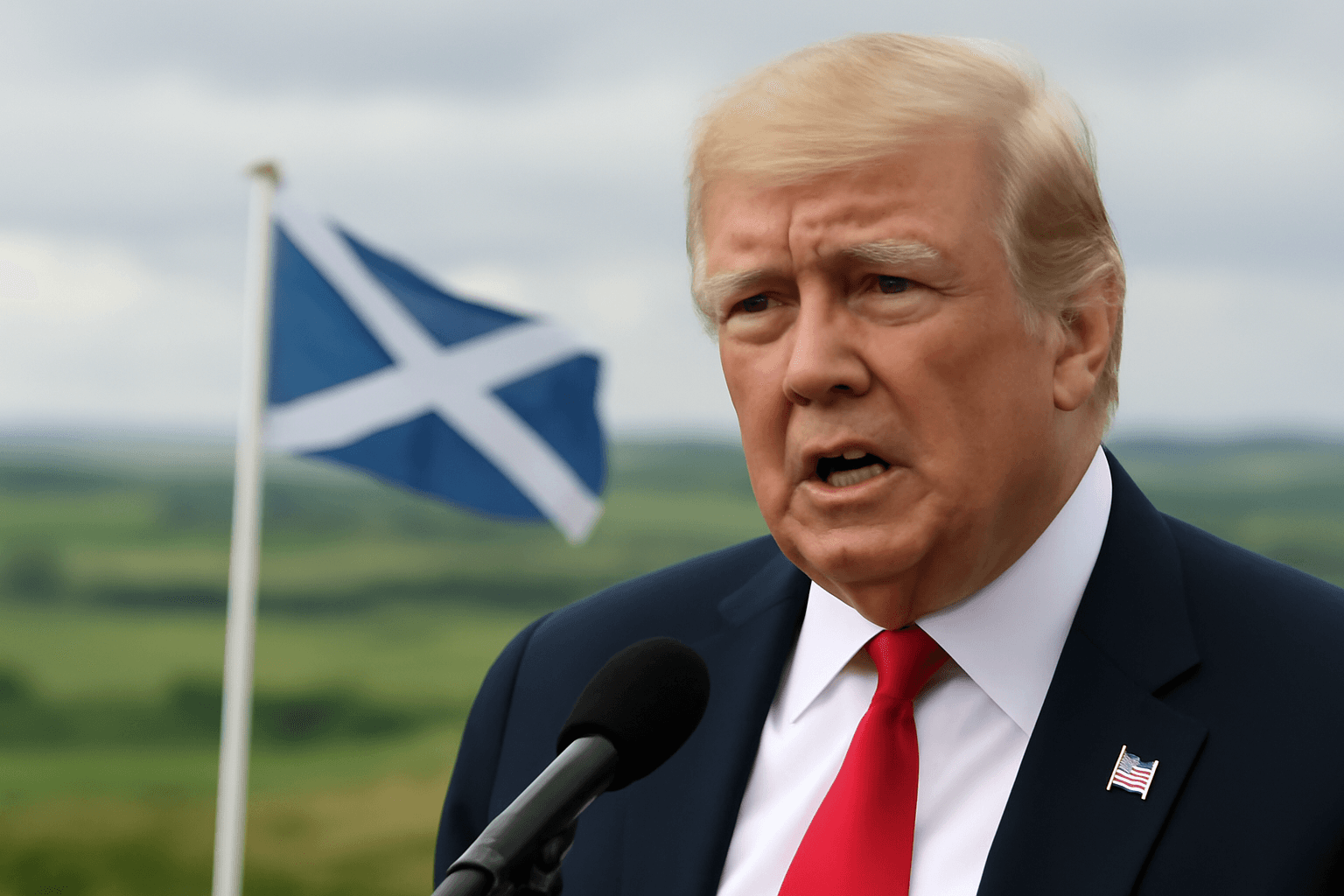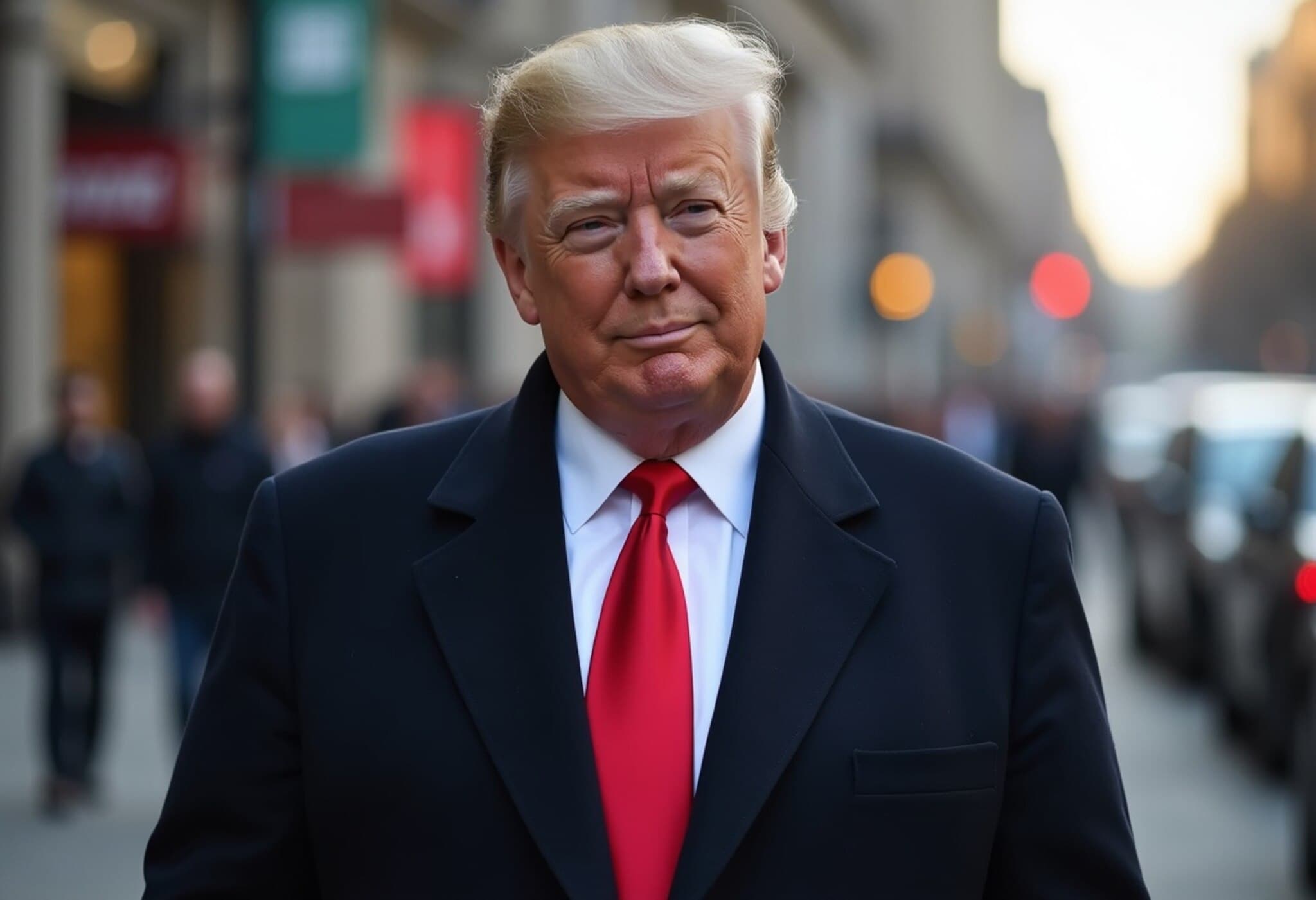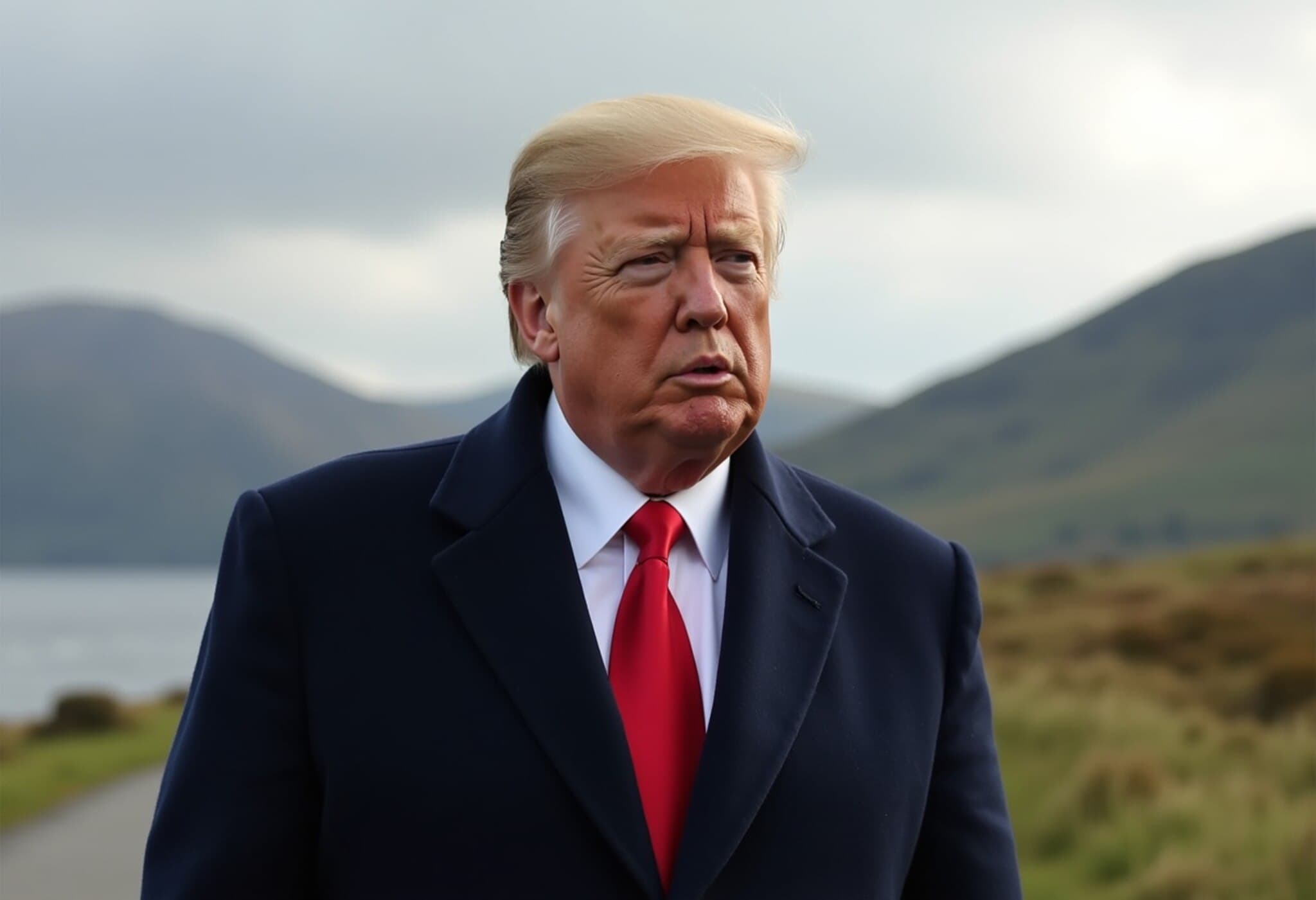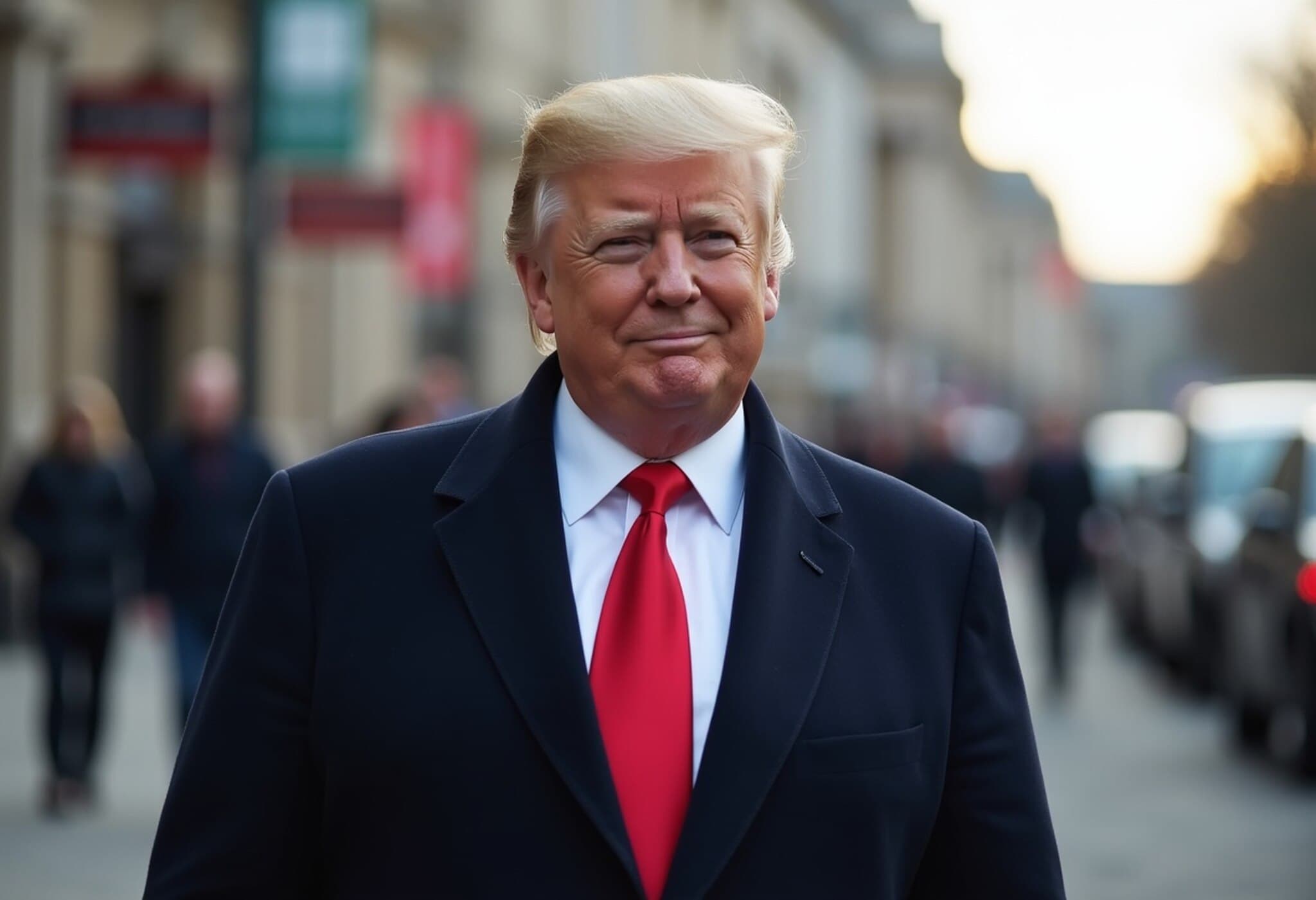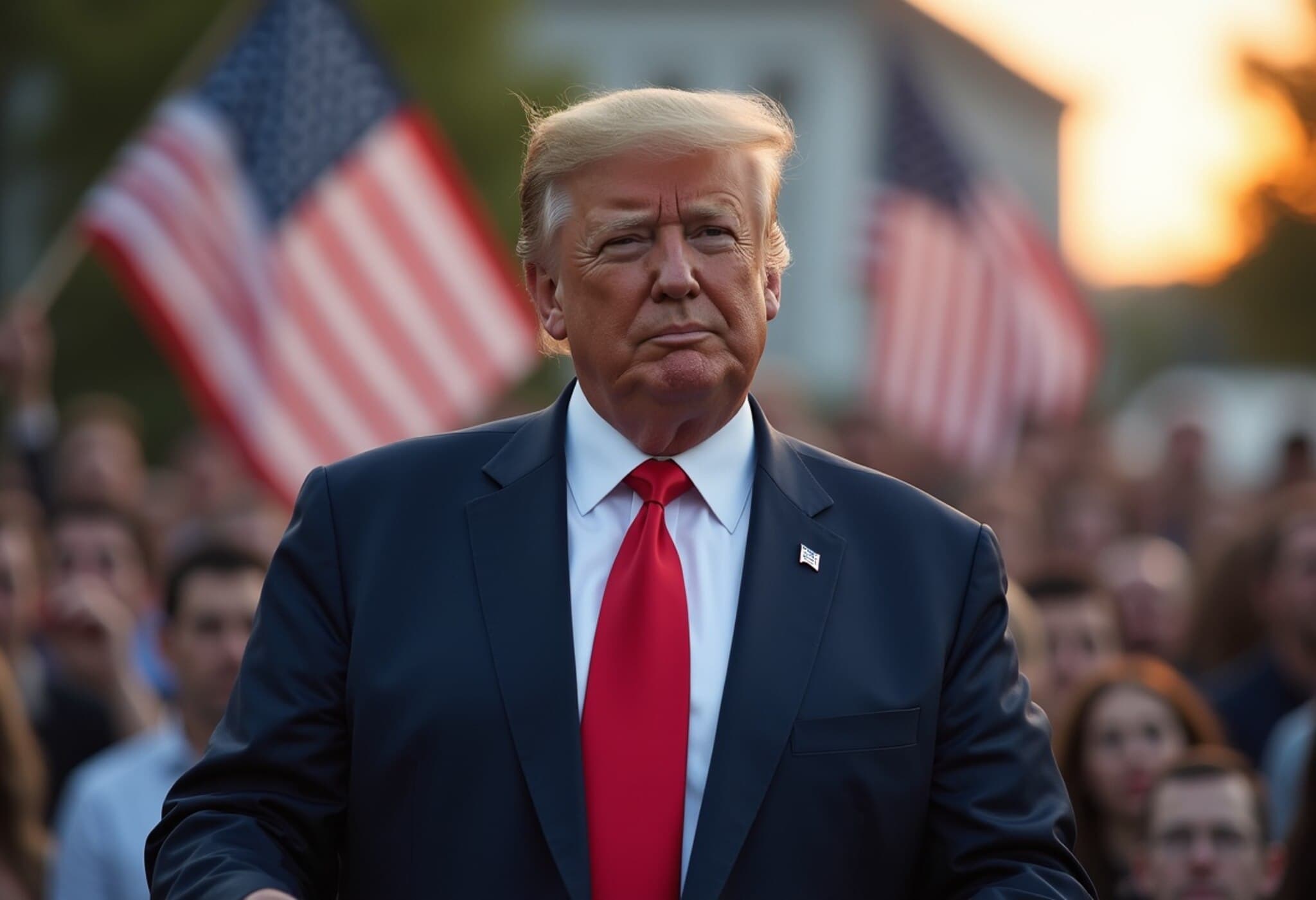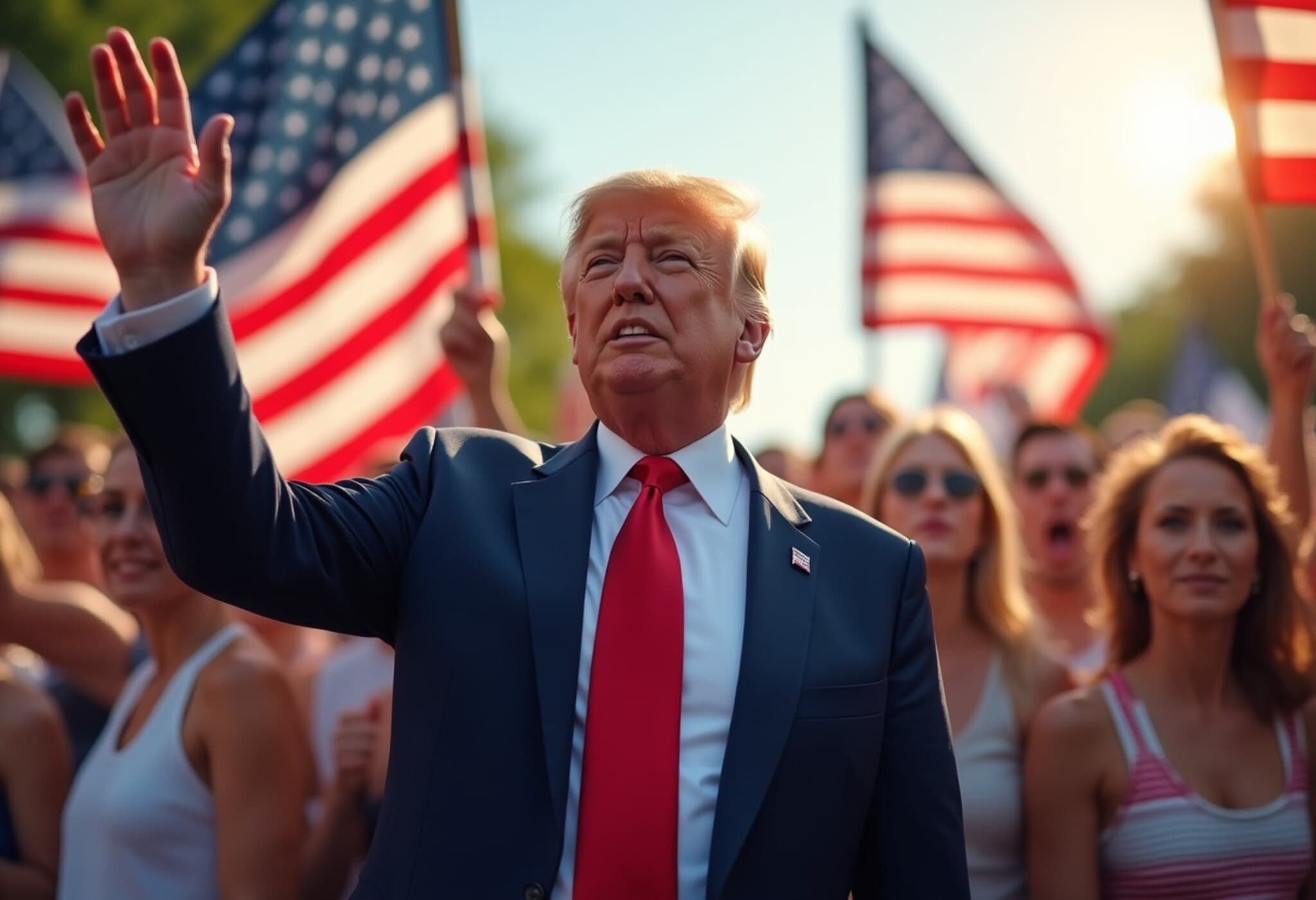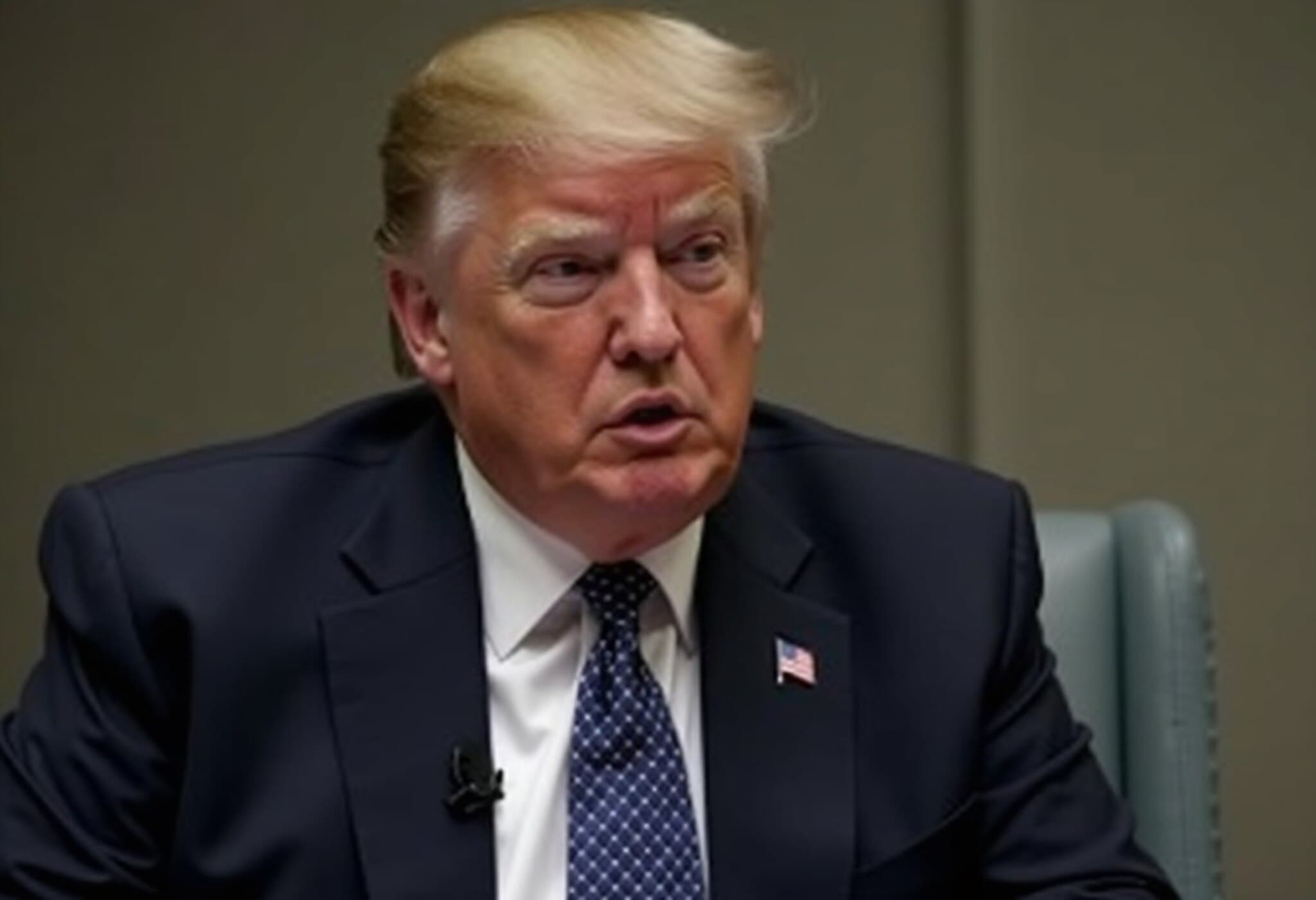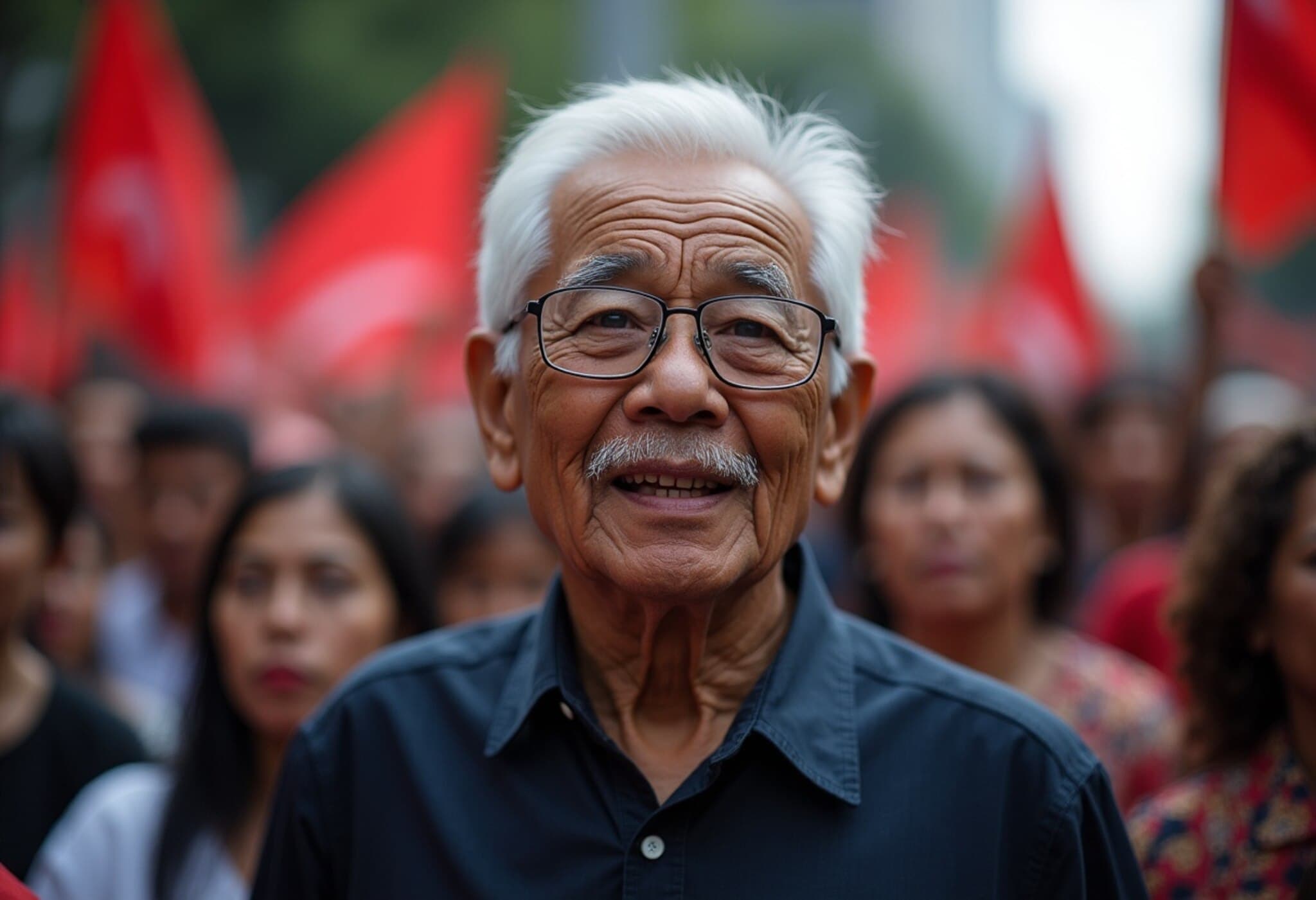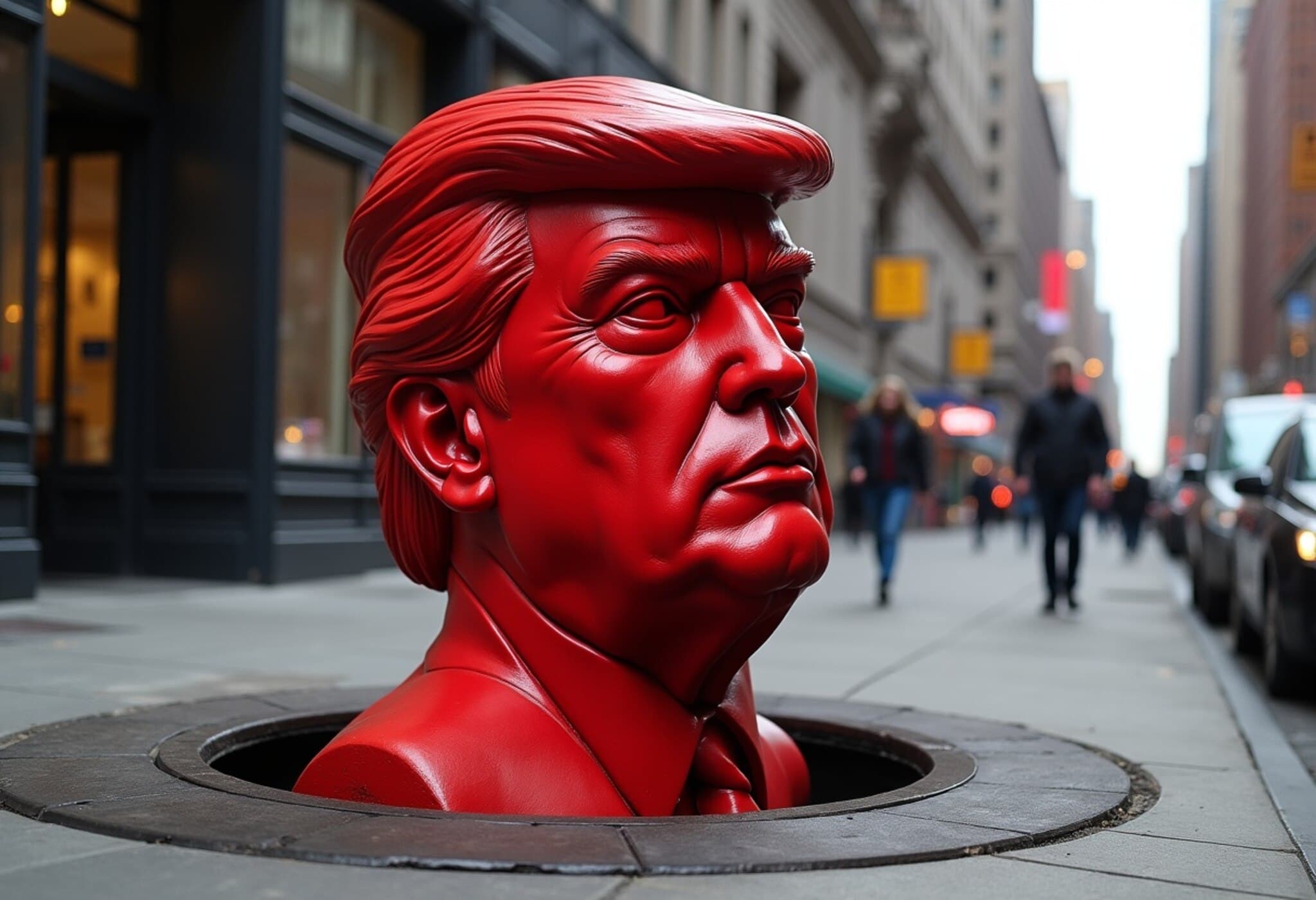Trump Issues Stark Warning on European Immigration Crisis
During a high-profile visit to Scotland, President Donald Trump delivered a forceful message to European leaders, cautioning that unchecked immigration is "killing" Europe and calling for urgent, unified action to address what he described as a "horrible invasion." His comments underline a deeply polarizing issue that remains at the heart of European political debates amid rising migration pressures.
President Trump’s Visit to Scotland: Context and Commentary
Stepping off Air Force One at Prestwick Airport in Ayrshire, Scotland, Trump spoke to gathered reporters before heading to his Turnberry golf resort. Part respite, part political stage, the trip also includes the opening of a new golf course in Aberdeen, named after his mother.
Reflecting on Europe's immigration challenges, Trump said, "On immigration, you better get your act together. You’re not going to have Europe anymore." He urged European nations to curb the flow of migrants, framing the issue as an existential threat to cultural cohesion and security.
Interestingly, Trump referenced his own immigrant heritage — his mother from Scotland and his father from Germany — to underscore his personal stake in the continent’s wellbeing. Yet, he did not shy away from criticism, suggesting some European leaders have failed to properly confront the migration surge. He praised those who resisted immigration pressures but warned others, "This immigration is killing Europe."
Hardline US Immigration Policies Highlighted
Trump also spotlighted his strict immigration policy achievements in the United States. Pointing to recent statistics, he claimed, "Last month, we had nobody entering our country. We took out a lot of bad people that got there."
Since his return to office in January 2025, the administration has dramatically ramped up detentions and enforcement at the southern border, pledging the largest migrant deportation effort in US history. This approach has ignited widespread protests and legal challenges from immigrant rights organizations and civil society.
According to the United Nations 2020 data, Europe hosts approximately 87 million international migrants. This long-standing demographic reality continues to fuel debates on integration, security, and economic impact across European societies.
Looking Ahead: European Trade and Diplomatic Engagement
During his Scotland trip, Trump is slated for meetings with key figures, including UK Prime Minister Keir Starmer and European Commission President Ursula von der Leyen. He described his forthcoming meeting with Starmer as a celebration of an existing trade deal beneficial to both sides, signaling ongoing interest in strengthening US-UK economic ties post-Brexit.
Trump is also expected to meet Scottish First Minister John Swinney, notable for his endorsement of a Democratic candidate during the 2024 US presidential election — a subtle reminder of political complexities even within allied nations.
Expert Insights: The Broader Implications
Trump’s rhetoric taps into a larger global conversation about migration, sovereignty, and national identity. For Europe, these comments exacerbate tensions among member states over how to manage asylum seekers and migrants equitably.
American immigration policy, meanwhile, may both influence and reflect global trends — with Trump’s aggressive enforcement heralding a more nationalist and stringent border control philosophy.
However, experts caution that such stark warnings risk simplifying a nuanced issue that involves humanitarian responsibilities, demographic realities, and international cooperation. The framing of migration as an "invasion" may deepen social divisions and undermine constructive dialogue.
Key Takeaways
- Trump warns European leaders to act quickly to confront immigration challenges or face the loss of cultural and political unity.
- His visit to Scotland includes symbolic engagements, highlighting personal and diplomatic ties between the US and Europe.
- The US intensifies immigration enforcement under Trump’s administration, drawing criticism and protest.
- Upcoming meetings with European political figures will be closely watched as indicators of transatlantic relations.
- The narrative on immigration continues to be a flashpoint reflecting broader geopolitical and societal anxieties.
Editor’s Note
President Trump’s emphatic stance on immigration during his European visit underscores how migration remains a potent and divisive political issue on both sides of the Atlantic. While his heritage ties provide a unique personal dimension, his framing of immigration as a dire threat invites us to critically examine the balance between national security and humanitarian obligation. As Europe grapples with demographic shifts and political fragmentation, the question remains: Will leadership choices foster integration or deepen polarization? This evolving story demands continued scrutiny from policymakers, experts, and citizens alike.

